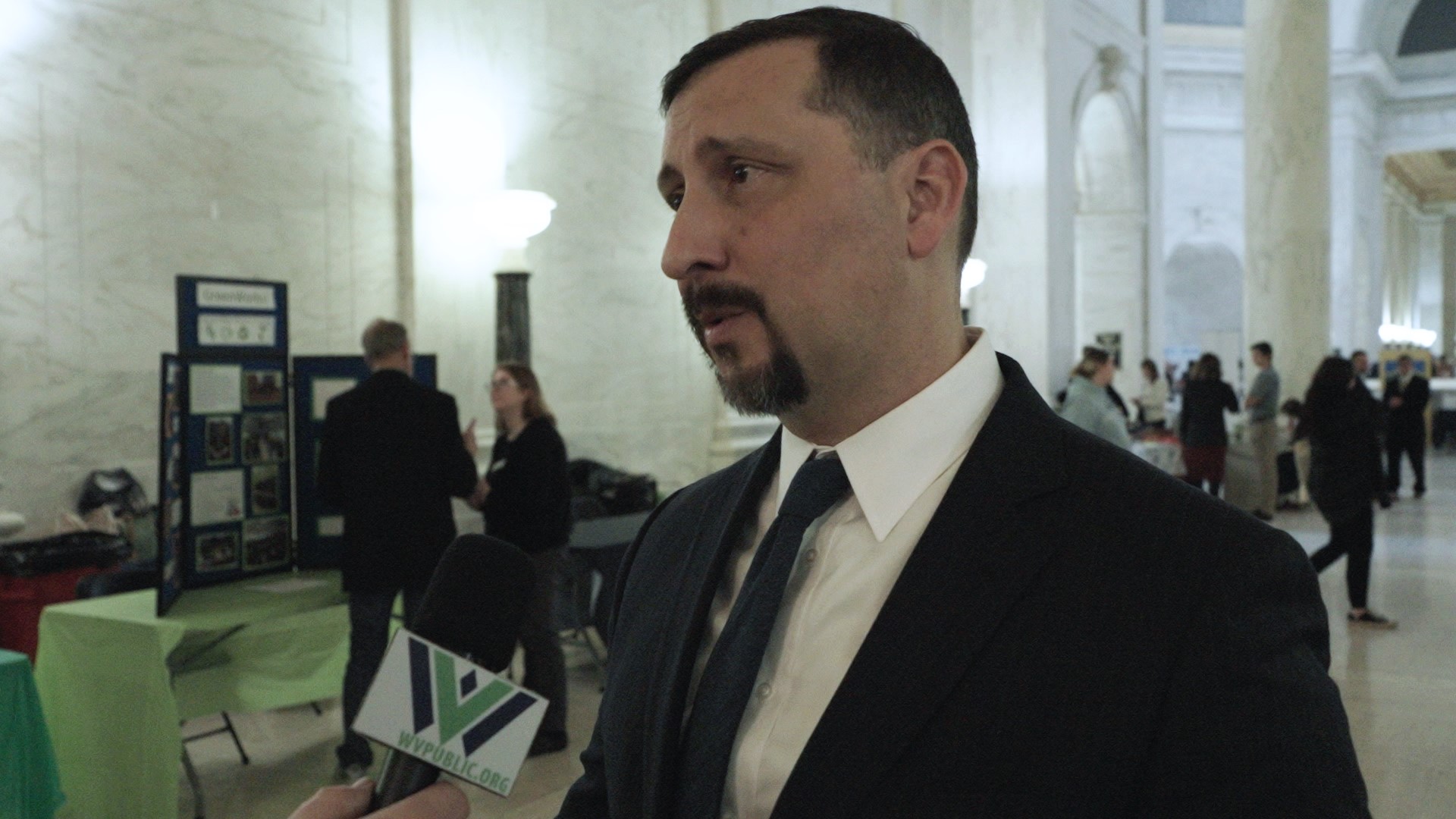A federal judge has denied a request by coal companies owned by the family of West Virginia Gov. Jim Justice to dismiss a lawsuit over selenium violations at a southern West Virginia coal mine.
The Ohio Valley Environmental Coalition, West Virginia Highlands Conservancy, Appalachian Voices and the Sierra Club in sued Bluestone Coal Corporation in August 2019, using the citizen lawsuit provision of the Clean Water Act.
The groups alleged that the Justice companies were discharging selenium at the Red Fox Surface Mine in McDowell County at levels that violated federal mining permits. Selenium, a chemical element found in coal that bioaccumulates, has been linked to growth deformities and reproductive failure in fish.
According to court documents Bluestone reported 107 violations since July 2018 — 42 violations of its average selenium limits and 65 violations of its maximum selenium limits. The company paid $278,000 in fines. But environmental groups argued the company should be subject to millions more in civil penalties.
Bluestone and its affiliates, including Red Fox’s operator Southern Coal Corporation, disagreed. They urged the court to dismiss the lawsuit, arguing that the Justice coal companies are being monitored by federal environmental regulators under a 2016 agreement.
Between 2009 and 2014, 27 Justice coal companies accumulated more than 23,000 water pollution violations at mines in West Virginia, Virginia, Tennessee, Kentucky and Alabama. The companies reached a settlement deal with the Environmental Protection Agency that included a $900,000 civil penalty and an agreement to implement an estimated $5 million in pollution control measures.
The deal also required the Justice companies to provide quarterly pollution reports to regulators. Selenium was not a pollutant covered under the agreement, court documents note.
Bluestone argued that because of the 2016 agreement with the EPA, also known as a consent decree, environmental groups could not bring a citizen lawsuit against them over the selenium pollution. They argued the lawsuit “would create undue interference” with the federal deal.
In his opinion issued Wednesday, U.S. District Court Judge David Faber disagreed. In his 29-page ruling, he sided with environmental groups and questioned whether the 2016 EPA agreement did enough to prevent the Justice coal companies from polluting.
The company “continues to be in consistent non-compliance with the terms of its selenium permits despite facing these general penalties for violations and repeat violations,” wrote Faber, who sits on the bench of the U.S. District Court in the Southern District of West Virginia.
The consent decree’s penalties, he continued, “have not remove[d] or neutralize[d] the economic incentive to violate” the environmental regulations related to selenium.
A request for comment from Bluestone or its lawyers listed on the court docket was not immediately returned.
Environmental groups are seeking additional penalties for the selenium pollution. In court filings, the groups estimate the maximum civil penalty under the Clean Water Act for Bluestone’s violations could top $160 million.
In an emailed statement, Vivian Stockman, executive director of the Ohio Valley Environmental Coalition praised the court’s decision to allow the case to proceed.
“The opinion underscores why it is so important to maintain fair and impartial courts as an independent branch of government,” she said. “Not even our billionaire governor is above the law and his businesses must be held accountable for polluting our waters.”
